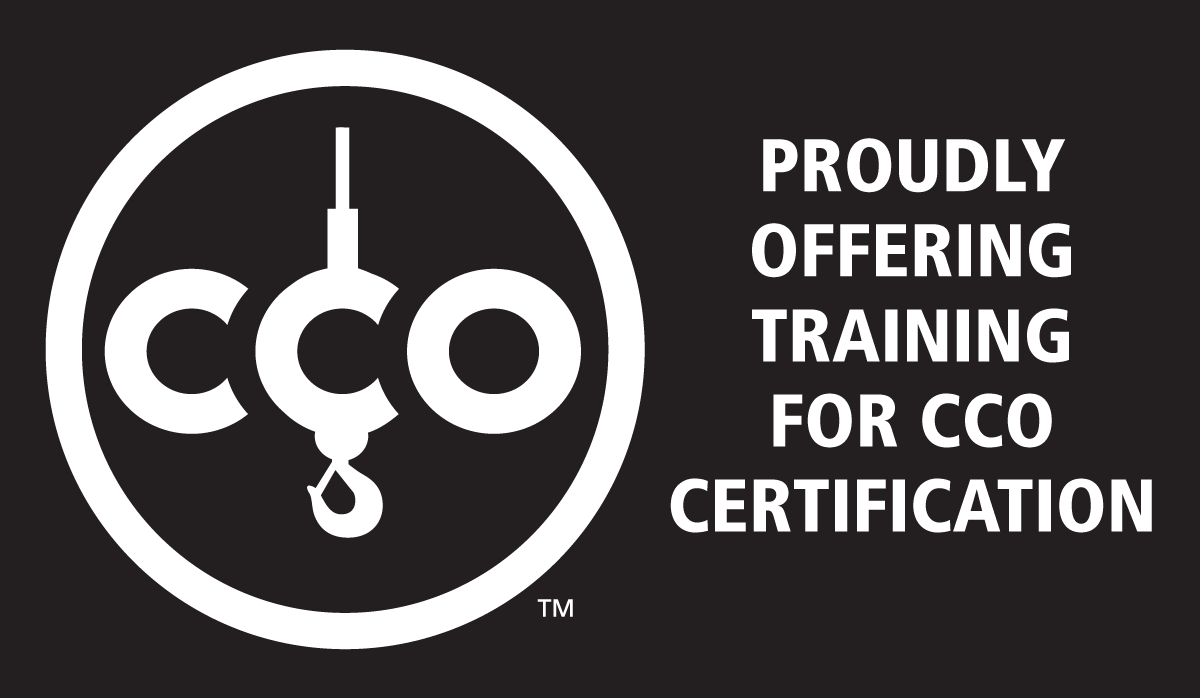Wondering how to become a crane operator? This sought-after vocation is among the hottest in the construction industry because once you’ve earned your certification you can land a well-paying job almost anywhere. Indeed, becoming a crane operator can dramatically increase your earning potential and open up a whole new world of job opportunities across the country. These in-demand positions are everywhere—but, you have to be qualified. Where do you start?
Basic Requirements to Become an NCCCO-Certified Crane Operator
- Be at least 18 years of age
- Meet physical/medical requirements (below)
- Pass the written and practical exams
- Comply with the NCCCO’s Substance Abuse Policy
- Follow the NCCCO Code of Ethics
Physical Requirements for Earning Crane Operator Certification
Candidates who want to know how to become a crane operator must meet certain physical requirements defined by the ASME B30 standard:
- A minimum of 20/30 vision in one eye and 20/50 in the other (with or without corrective lenses)
- Ability to distinguish colors
- Normal depth perception and field of vision
- Adequate hearing (with or without hearing aid)
- Sufficient strength, endurance, coordination, and reaction time to meet operational demands
- No evidence of seizures or loss of physical control
Compliance with ASME physical requirements may include holding a current Department of Transportation (DOT) Medical Examiner’s Certificate.
If you meet these qualifications, it’s time to take the next step in learning how to become a crane operator!
Step 1: Find an NCCCO-Accredited Mobile Crane Training Program
The NCCCO is one of the largest crane operator certification programs in the country, qualifying candidates for well-paying jobs in the construction, transportation, and manufacturing industries. So if you want to know how to become a mobile crane operator, finding an NCCCO-accredited mobile crane training program like the one we offer at Nationwide Crane Training, is your first step.
Whether you choose to attend a crane training session at one of our campuses nationwide or a remote crane training session at a work site or corporate location near you, you’ll receive the same NCCCO-accredited training and instruction from expert instructors with real-world expertise.
Step 2: Pass the NCCCO Written Exam
To become an NCCCO-certified mobile crane operator you must pass at least two written examinations, the core exam and one of up to three specialty exams in:
- Lattice Boom Cranes (LAT)
- Telescopic Boom Cranes—Fixed Cab (TSS)
- Telescopic Boom Cranes—Swing Cab (TLL)
The core examination has 90 multiple-choice questions, which candidates are allowed 90 minutes to complete. Each specialty examination consists of 26 multiple-choice questions, which candidates are allowed 60 minutes to complete.
Nationwide Crane Training guarantees all candidates who successfully complete our training program will pass their written examinations.
Step 3: Pass the NCCCO Practical Exam
Candidates must also pass a practical exam within 12 months of passing the written examination. Practical exams are offered in three specialties:
- Lattice Boom Cranes (covering both LBC and LBT)
- Telescopic Boom Cranes—Swing Cab (TLL)
- Telescopic Boom Cranes—Fixed Cab (TSS)
Practical exams consist of using real-world equipment to demonstrate proficiency and practical capability.




